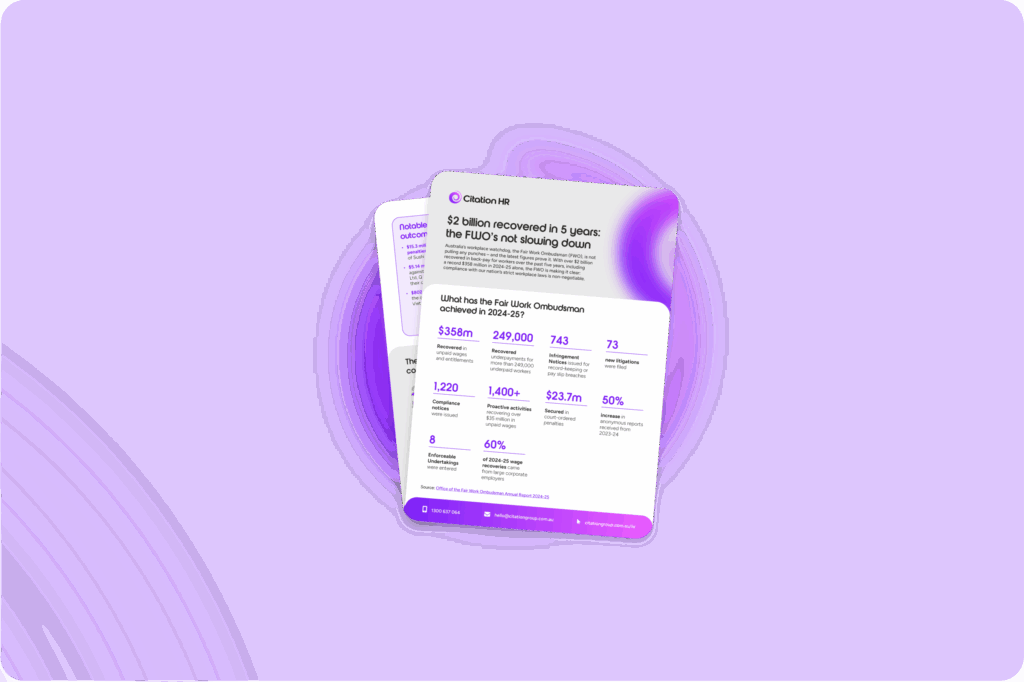
That’s because small businesses often don’t have the same resources as larger businesses, so it’s even more important for them to be efficient and effective in everything they do. This article will discuss what ISO standards apply to small businesses and how they can benefit from following them.
ISO 9000
The first ISO standard that we will discuss is the ISO 9000 family. The standards found in this family include, but are not limited to the following:
- Quality management systems – Fundamentals and vocabulary (ISO 9000);
- Quality management systems – Requirements (ISO 9001);
- Quality management systems – Guidelines for performance improvements (ISO 9004);
This standard deals with quality management and provides guidelines on creating a quality management system. It includes requirements for the development, implementation, and improvement of processes and the continual improvement of the organisation’s overall performance.
ISO 14000
The ISO 14000 family is another set of standards that small businesses should pay attention to. This family of standards includes the following:
– ISO 14001, which establishes the requirements for an environmental management system.
– ISO 14004, which provides guidance on environmental management systems.
– ISO 14020, which deals with environmental labels and declarations.
– ISO 14021, which deals with environmental communication.
These standards seek to provide guidance on topics such as how to develop an environmental policy, set up environmental objectives, and reduce your company’s impact on the environment.
ISO/IEC 27000
Another important standard for businesses is the ISO/IEC 27000 family. They’re designed to help businesses improve their information security management systems. Some of the standards found in this family include:
- ISO/IEC 27001, which establishes the requirements for an information security management system.
- ISO/IEC 27002, which provides guidance on information security controls.
- ISO/IEC 27003: which provides guidance on implementing an information security management system.
- ISO/IEC 27004: which provides guidance on measuring and reporting information security energy management.
ISO 26000
The other ISO standard that applies to startups and small businesses, in general, is ISO 26000, Social responsibility. This standard provides guidance on how businesses can operate in a socially responsible manner. It covers topics such as human rights, labour practices, the environment, and anti-corruption.
ISO 50000
This standard provides guidance on energy management systems. It seeks to help businesses improve their energy management systems. Some of the most popular standards in the ISO 50000 family include:
- ISO 50001: This standard establishes the requirements for an energy management system.
- ISO 500034: This standard provides guidance on energy audits.
ISO 45000
This standard provides guidance on Occupational Health and Safety Management Systems.
Benefits of ISO for small businesses
There are many benefits that small businesses can reap from implementing ISO standards. For example, complying with ISO standards can help small businesses:
- Improve the quality of their products and services.
- Improve customer satisfaction
- Improve communication between employees and customers.
- Improve safety in the workplace
- Boost their overall efficiency
- Improve their environmental performance
- Increase sales
- Increase their market share
- Reduce costs
These are some of the most important ISO standards that apply to small businesses. By understanding and implementing these standards, you can improve the quality of your products and services, reduce your environmental impact, and improve your workplace safety.









